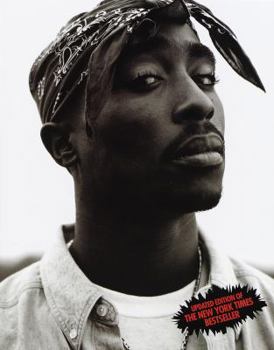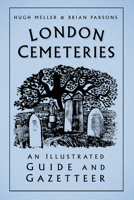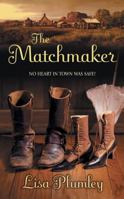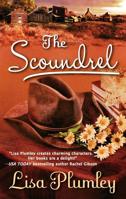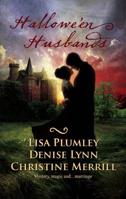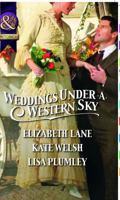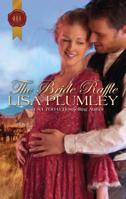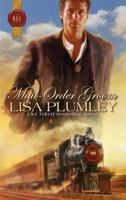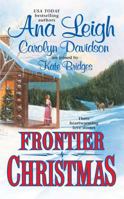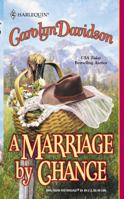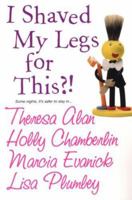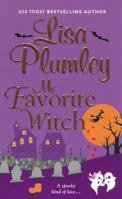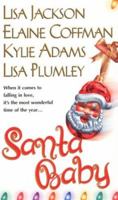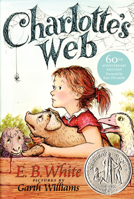Tupac Shakur
Select Format
Select Condition 
More by Hugh Meller
Book Overview
"The tragedy of Tupac is that his untimely passing is representative of too many young black men in this country....If we had lost Oprah Winfrey at 25, we would have lost a relatively unknown, local market TV anchorwoman. If we had lost Malcolm X at 25, we would have lost a hustler nicknamed Detroit Red. And if I had left the world at 25, we would have lost a big-band trumpet player and aspiring composer--just a sliver of my eventual life potential." From the Foreword by Quincy Jones The real story of Tupac's murder may not ever emerge. This may be the only lasting testament to the many faces of Tupac Shakur--of a life lived fast and hard, of a man cloaked in contradictions. A young man who was just starting to come into his own. "I believe that everything you do bad comes back to you. So everything that I do that's bad, I'm going to suffer for it. But in my heart, I believe what I'm doing is right. So I feel like I'm going to heaven." Tupac Shakur, June 1996
Format:Paperback
Language:English
ISBN:0609802178
ISBN13:9780609802175
Release Date:September 1998
Publisher:Three Rivers Press
Length:160 Pages
Weight:1.36 lbs.
Dimensions:10.8" x 0.5" x 8.4"
You Might Also Enjoy
Customer Reviews
2 customer ratings | 2 reviews
Rated 5 starsExceptional!
By Thriftbooks.com User,
Time Bomb is, simply, a superb book that I unreservedly recommend. Great characters - schoolboys during a long hot second world war summer - in a riveting situation: they find an unexploded bomb in the piece of land they treat as a playground. The bomb is the catalyst for everything; but around the schoolboys spins the rest of the world - their arguing secretive parents, their teachers and choirmasters, and best (or worst)...
0Report










